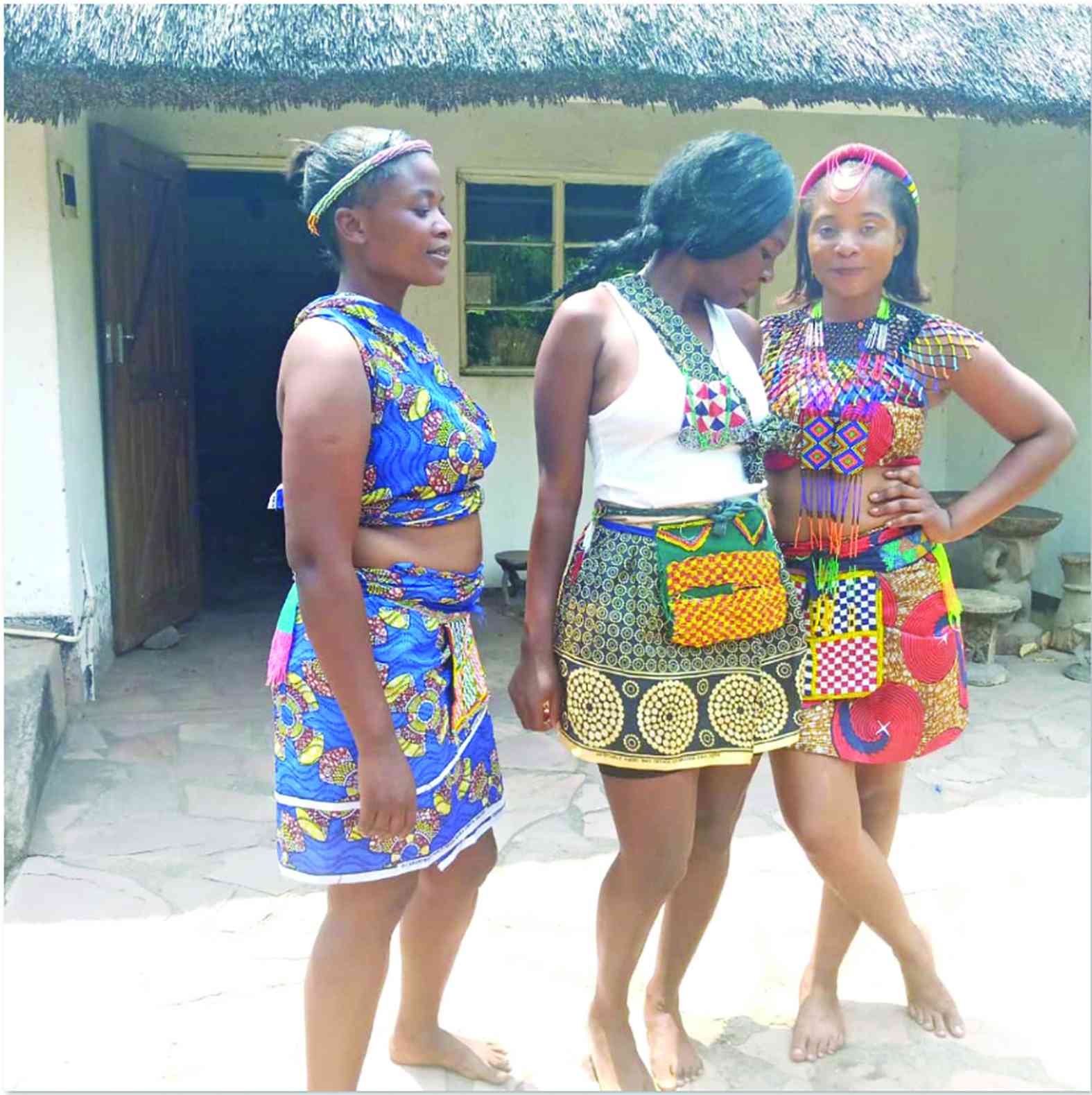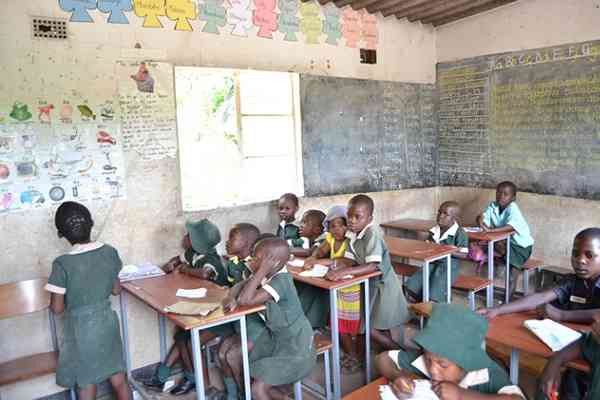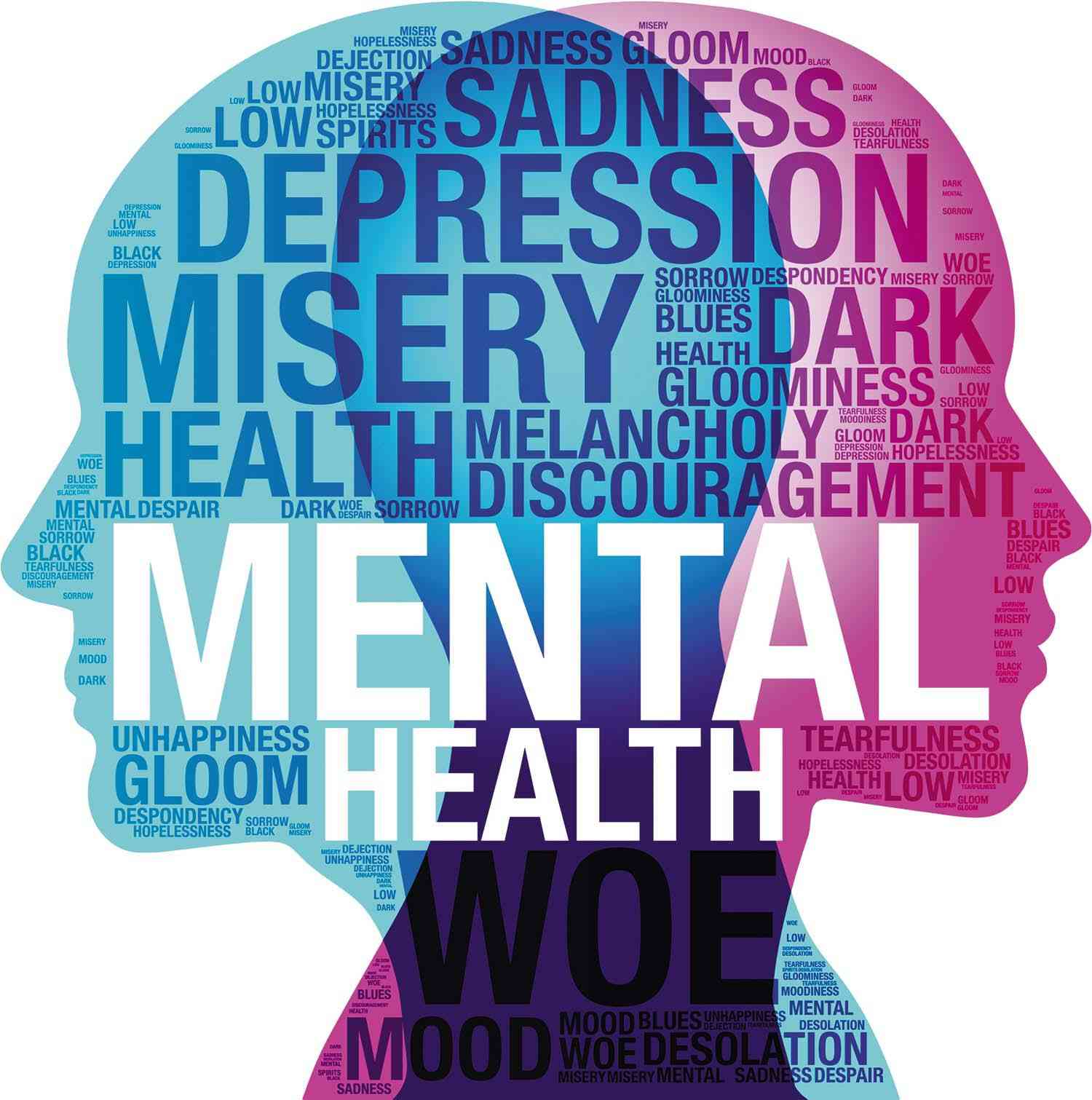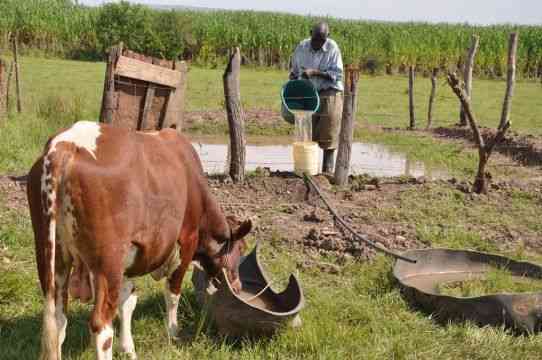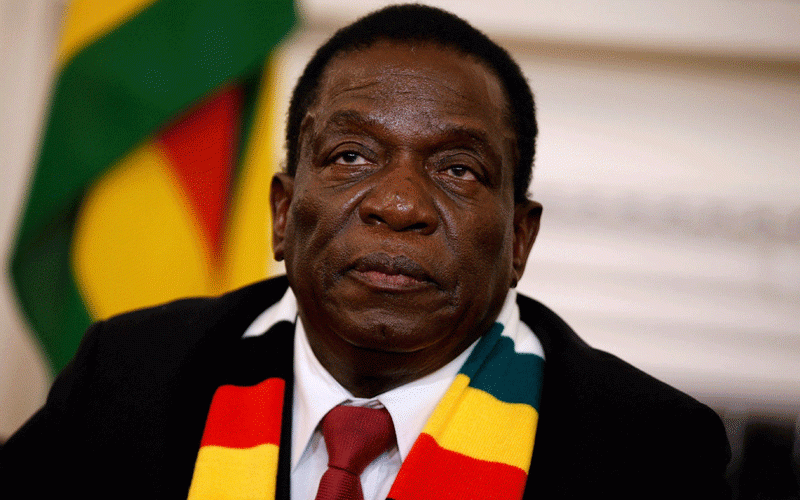
IN my opinion, Zimbabwe does not need to borrow money from anyone. The money is there in the country, what is needed at the moment is to get the right things in the right places.
President Emmerson Mnangagwa’s administration should sell all redundant parastatals, introduce investor-friendly policies so that industry, the heart of the economy, starts functioning again.
Do not provide inputs such as maize seed and fertiliser to avert hunger, but rather use that money to pay farmers realistic producer prices for maize and other crops, allow private investors to build and operate national highways and railway systems, trim the Cabinet to a maximum of 13 ministers and do away with deputy ministers and all government employees should be servants of the people. Corruption should not be tolerated.
Government and councils should make money by imposing stiff fines on litterbugs and traffic offenders and last but not least let reputable mining companies run our mines.
Zimbabwe needs wisdom more than money. Even if we get a trillion dollars today, without wisdom it will not change anything. What makes me sad is that a country of schooled people and endowed with vast mineral deposits continually begs for cash hand-outs.-Rudo Munei
Let’s craft laws to protect children against early marriages
CRAZY! No one under 18 years is allowed to purchase alcoholic drinks in Zimbabwe and posters stating this are found at all outlets that sell alcohol, but you find teens below this age drunk. Do we arrest them when we see them in this state? Our nightclubs are filled with youths — drinking of course!
Recently marriage of children below the age of 18 was outlawed and the nation is celebrating. It is possible that children well below this age are engaging in sexual activities, since it is not a crime.
- Mavhunga puts DeMbare into Chibuku quarterfinals
- Bulls to charge into Zimbabwe gold stocks
- Ndiraya concerned as goals dry up
- Letters: How solar power is transforming African farms
Keep Reading
When we distribute condoms to schools, what are we telling our children? What happens if the girl falls pregnant?
What will stop children under this age from starting families and register the unions when they attain the legal age? The law can only prove the existence of a marriage if there are documents to prove this. An affair that results in pregnancy is not a marriage.
They are many loopholes in our laws which need to be dealt with before we celebrate or are sure that we have completely protected our children from early marriages.-Citizen
Social contract can reduce inequalities
VENDORS Initiative for Social and Economic Transformation (Viset) joins the rest of the world in commemorating World Social Justice Day whose theme this year is Overcoming Barriers and Unleashing Opportunities for Social Justice.
There can be no doubt that the COVID-19, climate change and geopolitical tensions have led to growing inequalities that require the rebuilding of trust among societies through social contracts that can help in addressing these inequalities.
According to the International Labour Organisation (ILO), eight out of 10 workers in Africa are in informal employment, the highest among all regions. The figure is higher — 88,3% — for rural areas. Most are women and young people who have no other choice than the informal economy for their survival and livelihoods. While some activities in the informal economy offer reasonable livelihoods and incomes, most people engaged in informal activities face a wide range of decent work deficits and often remain trapped in poverty and low productivity.
The situation is no better in Zimbabwe, where over 90% of jobs are in the informal economy, where harassment, corruption, crime, absence of social protection characterise the sector.
Formalisation of the informal sector has been seen as a panacea to the problems afflicting the informal economy, with the accruing benefits being among others; provision of social protection, decent working conditions, strengthened rule of law, new markets for commodities, financial inclusion and improved government revenues.
As Viset, we have been an active participant in the formalisation strategy led by government through the Public Service, Labour and Social Welfare ministry. Our involvement stems from our conviction that the problems that bedevil our constituency cannot be overcome without the involvement of as many stakeholders as possible.
As we commemorate this day that seeks to unleash opportunities for social justice, it would be remiss of us not to mention women, the majority in our sector, who are also confronted with unpaid care and domestic work (UCDW), in addition to all the other problems afflicting the sector.
The pursuit for social justice can be accelerated through sharing of UCDW duties in order to allow women to reach their full potential.
It is our considered view that with the help of government and multilateral development partners, we are on the right course with regards the formalisation strategy.-Viset


